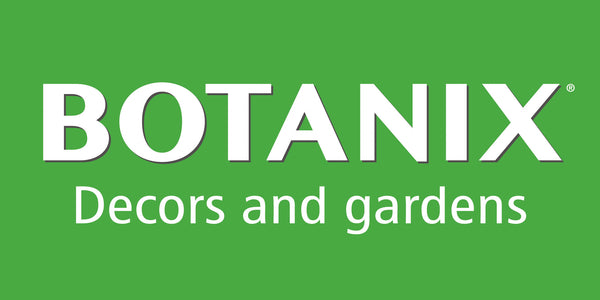
Whether you want to increase your food self-sufficiency or simply garden for pleasure, foodscaping is the perfect solution when space is limited. If you have a flower bed, you already have a potential vegetable garden! Embrace this trend and transform your ornamental spaces into urban gardens that are as productive as they are beautiful.
Create Gourmet Focal Points
The secret to a successful layout lies in the balance of shapes and colours. In a gourmet flower bed, the goal is to integrate food plants so they complement your flowers. Some edible plants truly steal the show:
- Blueberry Bushes: A versatile shrub featuring spring flowers, summer berries, and fiery red foliage in the fall.
- Cabbage and Swiss Chard: Their graphic textures and colourful stems create spectacular borders.
- Tomatoes and Cucumbers: Use elegant trellises to add height and structure to your garden beds.
Expert Note: Many ornamental flowers are edible, such as daylilies, pansies, and phlox. However, always ensure they are chemical-free and suitable for your hardiness zones before consuming them.

Choosing the Right Edibles for Your Soil
Since vegetables are often more demanding than flowers, soil quality is paramount for success. Performing a soil test will help you determine exactly how to amend your beds properly.
Clay Soil: Best for artichokes, eggplants, broccoli, tomatoes, rhubarb, chives, mint, and spinach.
Sandy Soil: Ideal for carrots, beets, radishes, garlic, shallots, asparagus, strawberries, parsley, and cilantro.
Alkaline Soil: Choose garlic, carrots, tomatoes, lettuce, cauliflower, thyme, rosemary, and leeks.
Humus-rich (Acidic) Soil: Perfect for squash, cucumbers, eggplants, bell peppers, and chili peppers.

Select Your Plants: Perennials vs. Annuals
For a garden bed that remains structured year after year, aim for a balanced mix of permanent plants and seasonal additions.
Perennial Plants (for Structure)
These varieties return every year and require less maintenance within your beds:
- Vegetables: Asparagus, rhubarb, artichoke.
- Fruits: Strawberry, raspberry, blueberry, blackberry, currant, grapes.
- Herbs: Savory, sage, lavender, mint, oregano.
Annual Plants (for Colour and Taste)
These plants fill empty spaces with vibrant colour and flavour:
- Herbs: Basil, chives, parsley, rosemary, cilantro.
- Decorative Vegetables: Cherry tomato, pepper, carrot (for its feathery foliage), kale.
- Edible Flowers: Monarda, pinks (dianthus), phlox, balloon flower, impatiens, gladiolus.

Biodiversity: Invite the Pollinators
By mixing flowers and vegetables, you create a living ecosystem. For your vegetables to bear fruit, the presence of pollinators is essential. Companion planting is an effective way to attract these natural allies:
- Marigolds, Zinnias, and Asters: These bright flowers act as fueling stations for bees and butterflies, ensuring better pollination for your tomatoes and squash.
- Dill and Cilantro: By letting them bloom, you will attract hoverflies, whose larvae devour aphids.
- Lavender and Monarda: In addition to being edible or fragrant, they are among the favorite nectar plants for bumblebees.
- Nasturtiums: They act as a decoy by attracting aphids away from your vegetables while beautifully decorating your borders.
Ready to turn your flowers into a feast? Visit our garden center experts to choose the best varieties for your edible landscaping project!




